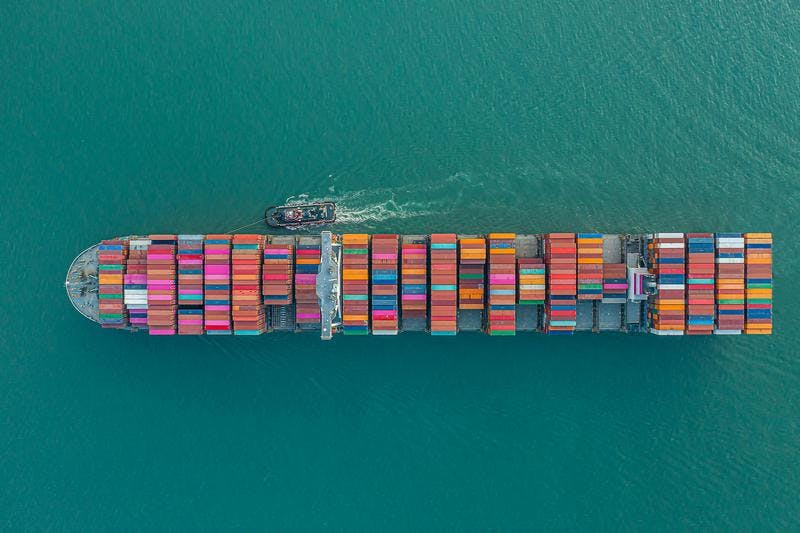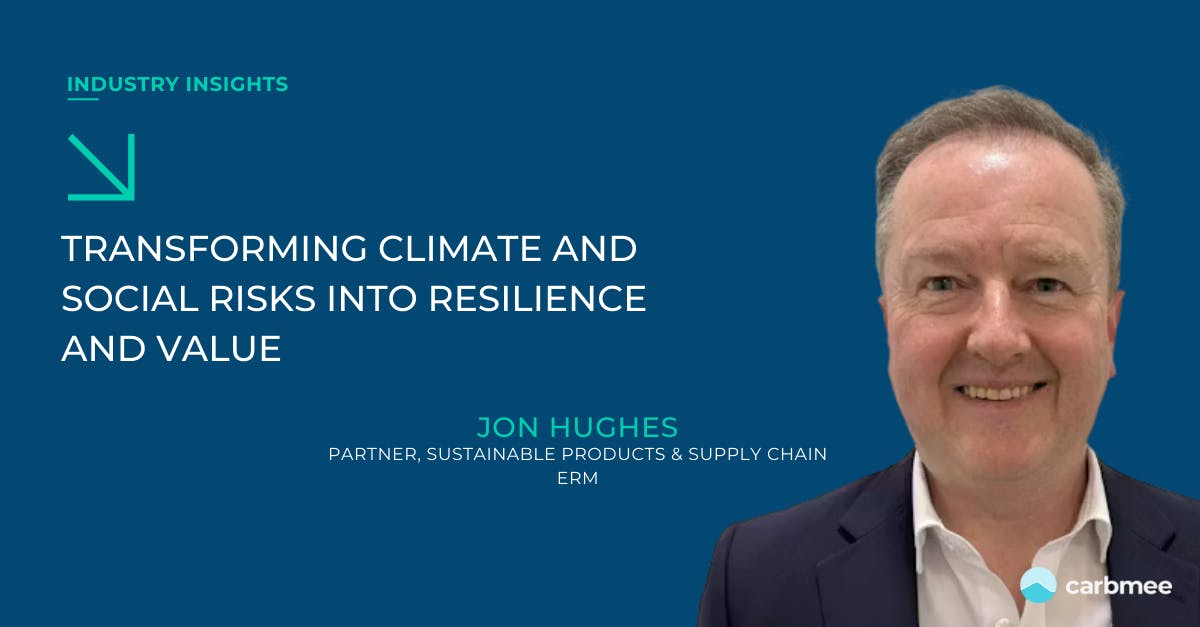What is the Sustainable Supply Chain Act?
The Sustainable Supply Chain Act, known as Lieferkettensorgfaltspflichtengesetz in German, marks a pivotal moment in corporate responsibility. This groundbreaking act applies to a wide variety of companies, including those with central administration, principal place of business, administrative headquarters, statutory seat, or branch office in Germany. Initially targeting enterprises with at least 3,000 employees and later extending to those with at least 1,000 employees, the act ushers in a new era of responsible supply chain practices.
At its core, the act mandates the implementation of defined due diligence obligations, reinforcing companies' responsibility to manage potential risks of human rights violations and environmental issues in their supply chains. These obligations encompass a range of vital measures, including the establishment of robust risk management systems, implementation of preventive measures, prompt remedial actions, comprehensive complaint procedures, and regular reporting. Importantly, the act extends a company's responsibility beyond its own business area, encompassing the entire supply chain.
This comprehensive legislation sets a clear path for companies to proactively address potential risks and uphold their commitment to ethical business practices. By embracing the Sustainable Supply Chain Act, companies can demonstrate their dedication to human rights, environmental protection, and sustainable supply chain management. It is an opportunity to lead the way in responsible corporate governance and contribute to a more just and sustainable global business landscape. The time for action is now.
Why Compliance to the Sustainable Supply Chain Act Matters?
Compliance with the Sustainable Supply Chain Act is not just a legal obligation – it is an opportunity for corporations to demonstrate their commitment to human rights and environmental protection. Compliance also enhances a company’s reputation, mitigates risks, and aligns with the expectations of stakeholders and consumers who increasingly prioritize sustainable practices.
Compliance Timelines for German Enterprises
Complying with the Sustainable Supply Chain Act is a critical obligation for German corporations, so understanding the compliance timeline is essential. Differently than other ESG regulations coming into force, such as the CSRD and the CBAM, the act imposes due diligence obligations on companies based only on their employee headcount. Let’s explore the compliance timelines and additional requirements based on the size of the company:
Enterprises with at least 3,000 employees
- Compliance Start Date: The Sustainable Supply Chain Act came into force on January 1, 2023. Therefore, enterprises with at least 3,000 employees are required to comply with the Act starting from that date.
- Obligations: These companies must implement the defined due diligence obligations specified in the act, which include establishing risk management systems, conducting risk analyses, implementing preventive and remedial measures, establishing complaint procedures, issuing policy statements, and documenting and reporting compliance efforts.
Enterprises with at least 1,000 employees
- Compliance Start Date: From 2024, the Act will be extended to include enterprises with at least 1,000 employees.
- Obligations: These companies will have the same due diligence obligations as specified above.
For companies with less than 1,000 employees, the Sustainable Supply Chain Act has not yet disclosed a date for compliance. However, it is advisable for companies of all sizes to proactively assess their supply chains, identify potential risks, and take steps towards compliance even if they do not currently meet the employee count thresholds. Demonstrating a commitment to responsible supply chain practices can position companies favorably and help them adapt to any future expansions of the act's scope.
Sustainable Supply Chain Act: A Guide for Compliance
To comply with the Sustainable Supply Chain Act, companies need a roadmap to guide their efforts. Let's explore the essential steps for compliance:
1. Establish a Robust Risk Management System
Implement a comprehensive risk management system that identifies, prevents, minimizes, or eliminates human rights violations and environmental damage. This system should cover your own business area, contractual partners, and other suppliers.
2. Conduct a Comprehensive Risk Analysis
Thoroughly analyze your supply chain to identify significant human rights and environmental risks. Gain transparency and prioritize your actions for maximum impact.
3. Implement Preventive and Remedial Measures
Take appropriate preventive measures to avoid violations of human rights and environmental standards. Address any identified violations with remedial actions that drive positive change.
4. Establish a Complaint Procedure
Create a robust complaints procedure that encourages individuals to report risks and violations. Promptly investigate and address complaints to foster a culture of accountability.
5. Issue a Bold Policy Statement
Craft a policy statement that outlines your human rights strategy. Identify priority risks, describe preventive and remedial measures, and set expectations for employees and suppliers.
6. Report Your Progress
Document your compliance efforts and provide an annual report on identified risks, measures taken, impact assessment, and future strategies. Demonstrate your commitment to transparency and accountability.




